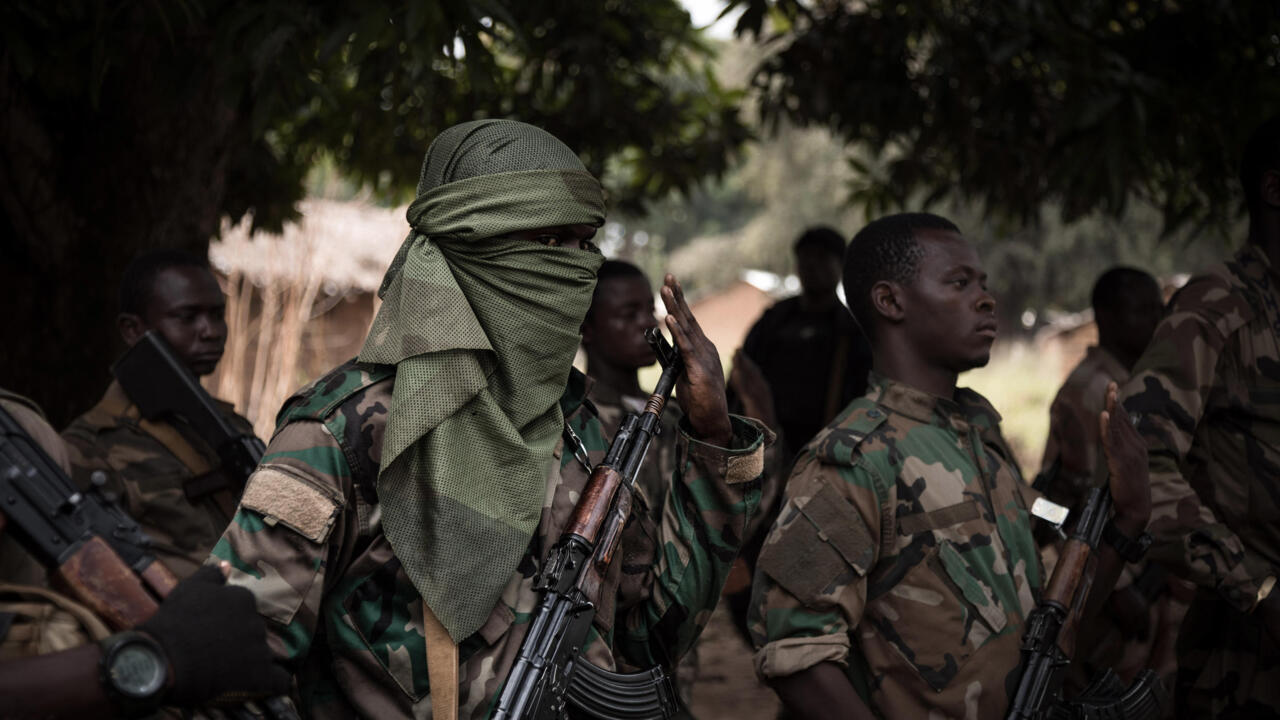Central African rebel chiefs Darassa and Bobo to attend peace ceremony in Bangui

Two of the Central African Republic’s most notorious rebel leaders, Ali Darassa and “General” Sembé Bobo, are expected in Bangui this week to formalize the dissolution of their armed groups, signaling a major turning point in the country’s long-standing civil conflict.
The anticipated visit follows a ceasefire agreement signed on April 19, 2025, in N’Djamena between the Central African government and the rebel factions UPC (Unity for Peace in the Central African Republic) and 3R (Return, Reclamation, and Rehabilitation).
The Chadian presidency publicly welcomed the accord in a July 4 statement, describing it as a critical step toward regional stability and national reconstruction.
According to Africa Intelligence, an official ceremony is being planned in Bangui on July 10, during which Darassa and Bobo will formally disband their respective armed movements.
This public acknowledgment of peace marks a rare moment of optimism in a nation wracked by cycles of rebellion, sectarian violence, and political instability since 2013.
The N’Djamena agreement outlines a comprehensive plan: an immediate halt to hostilities, a phased disarmament, demobilization, and reintegration (DDR) of fighters, and the creation of a joint monitoring committee led by Chad.
The Chadian government has taken on the role of guarantor of the process, with President Mahamat Idriss Déby even engaging with exiled former Central African President François Bozizé in Bissau to seek his support for the initiative.
The ceasefire builds on the framework established by the 2019 Political Agreement for Peace and Reconciliation (APPR-RCA), signed in Bangui, which remains the cornerstone of the ongoing peace negotiations.
If successful, the upcoming ceremony could mark the beginning of the end for two of the most disruptive armed groups in the Central African Republic, offering renewed hope for a fragile nation striving for peace and recovery.
About The Author
dailymailafric
I am an avid African news observer, and an active member of Daily Mail Africa.
I’m Passionate about staying informed on diverse topics across the continent,
I actively contribute to publishing on political, economic and cultural developments in Africa.



